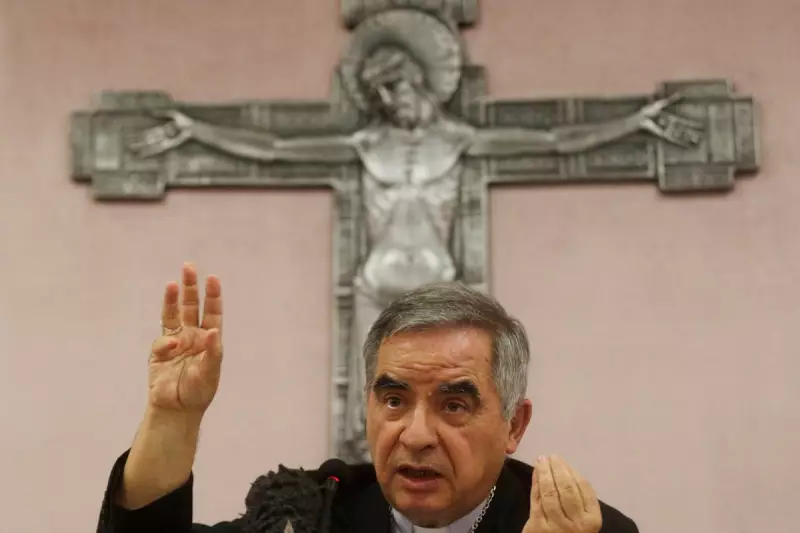
The Vatican found itself at the centre of a major diplomatic storm this weekend after Pope Francis made controversial remarks suggesting Ukraine should have the 'courage' to raise a 'white flag' and enter negotiations with Russia.
In an interview recorded last month with Swiss broadcaster RSI, the Pontiff argued that the strongest party is the one brave enough to negotiate for peace, not the one who fights on. His use of the term 'white flag', a universal symbol of surrender, triggered immediate and fierce backlash from Western capitals.
Vatican Diplomacy Scrambles to Clarify
Facing a wave of criticism, the Holy See's second-in-command, Cardinal Pietro Parolin, swiftly moved to reframe the Pope's comments. He asserted that the Pope's primary intention was a plea for a 'ceasefire and the courage to negotiate, not a surrender of Ukraine'.
Cardinal Parolin emphasised that any negotiation must be based on terms that allow Ukraine to live in freedom and dignity, respecting the nation's sovereign rights. This rapid clarification underscored the delicate tightrope the Vatican walks in its stated mission of promoting peace.
A History of Careful Wording
This is not the first time Pope Francis's language on the conflict has caused consternation. Early in the full-scale invasion, he was criticised for not directly naming Russia as the aggressor. His latest comments were interpreted by many, particularly in Ukraine, as effectively siding with the Kremlin and pressuring the victim to capitulate.
Ukrainian officials and foreign ministers from allied nations were quick to condemn the implication. They reiterated that true peace can only come from Russia's withdrawal and that encouraging negotiation at this stage equates to endorsing the occupation of Ukrainian territory.
The Fallout and the Path Forward
The incident highlights the immense challenge of Vatican diplomacy in a highly polarised war. While the Pope's office strives to position itself as a neutral mediator for peace, its statements are intensely scrutinised and can easily be misconstrued or weaponised by either side of the conflict.
The Pope's call for negotiation, while rooted in a desire to end bloodshed, has ultimately raised more questions about the Vatican's stance and its understanding of the complex geopolitical realities on the ground in Eastern Europe.






